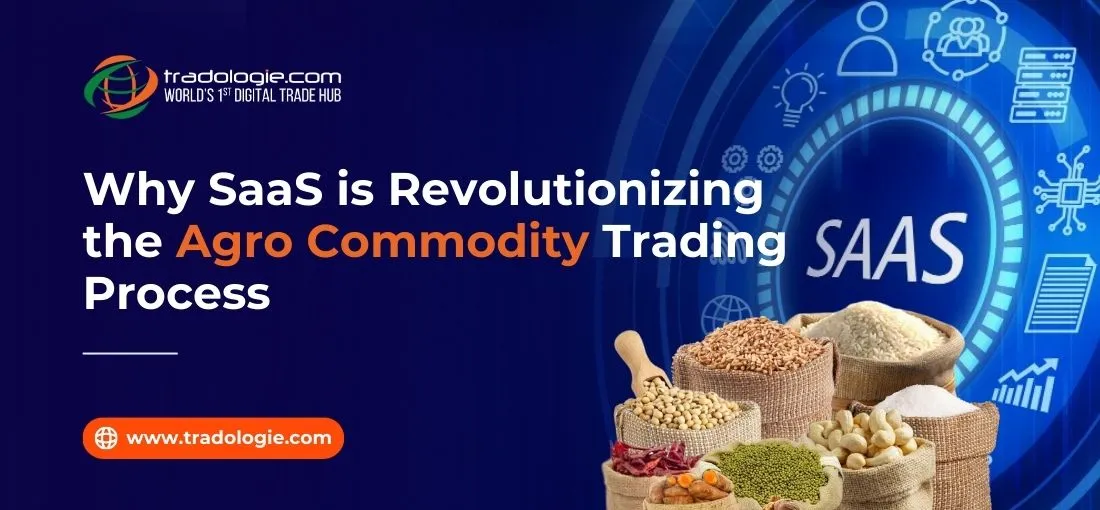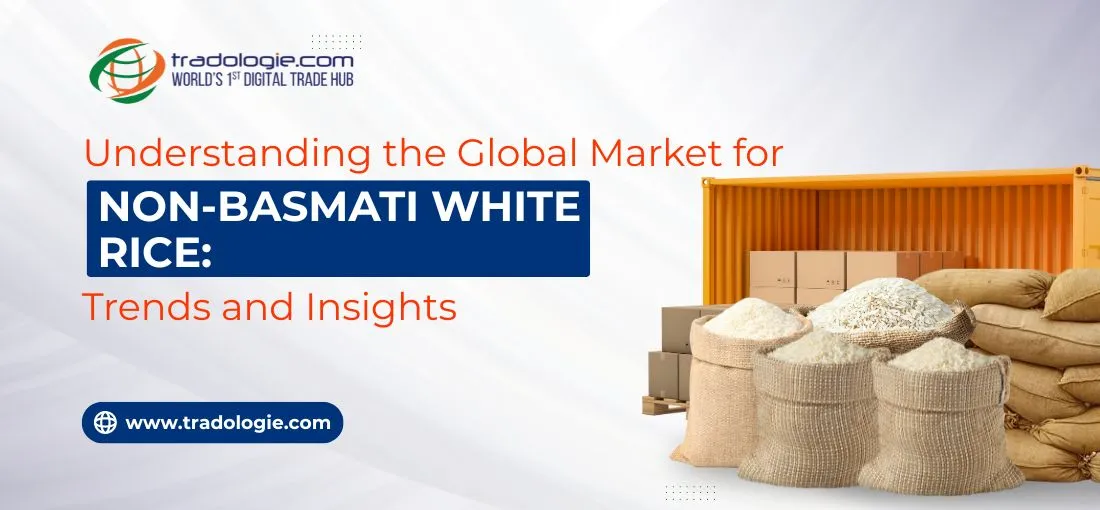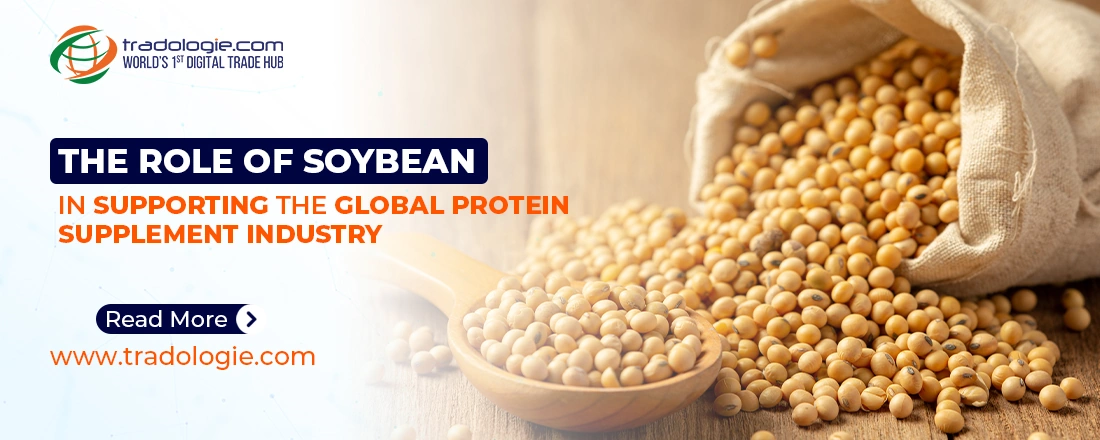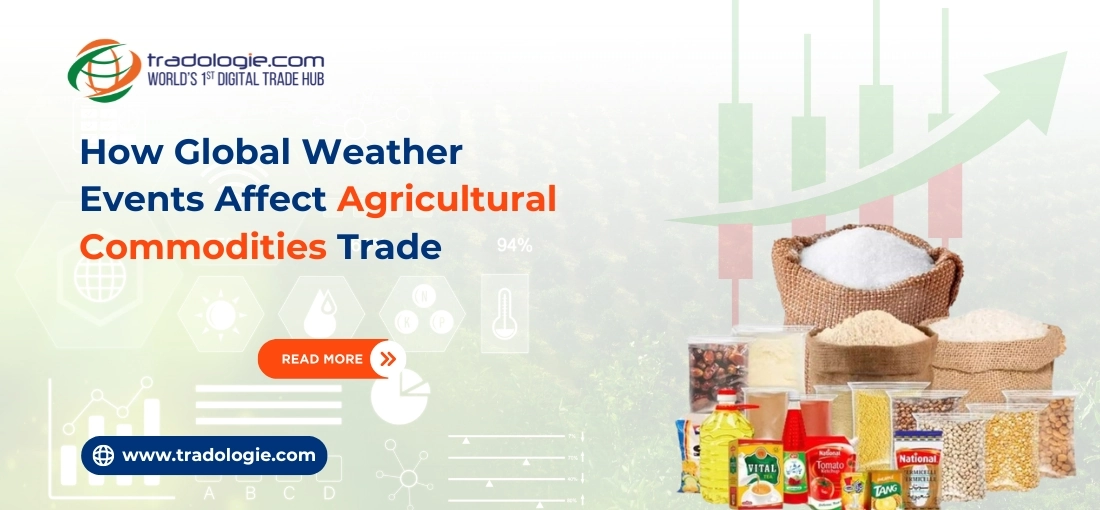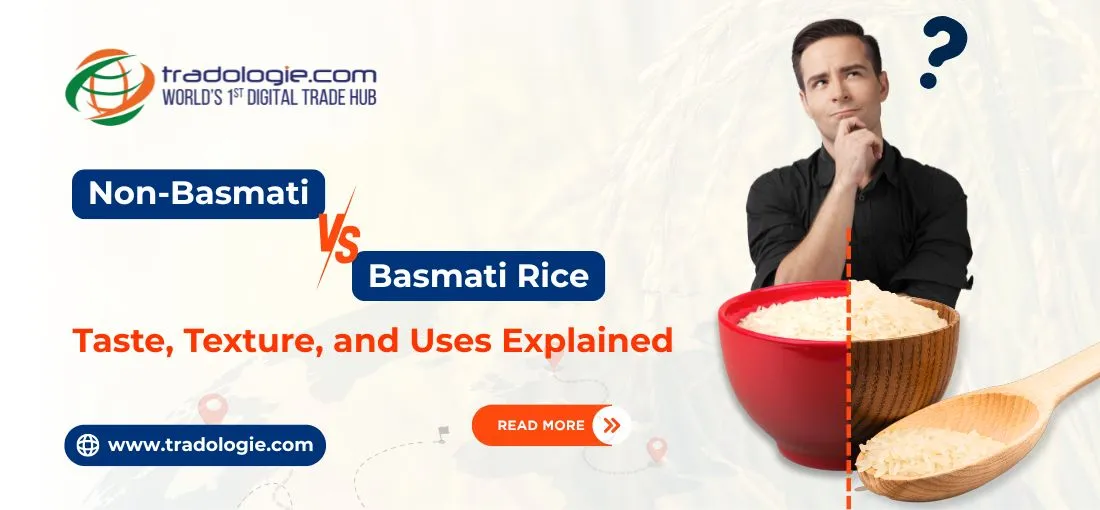The agro trade sector is one of the most prominent industries and it contributes trillions to the global economy. If you are into this prospering sector, you might know that traditionally, agro businesses have relied on classified-based lead generation to connect with buyers and suppliers.
However, there is no surprise that this approach involves manual follow-ups, tireless price negotiations through emails and calls, and long deal-making processes. The rise of SaaS (Software as a Service) technology is transforming import-export operations by automating processes and improving efficiency. For instance, if you want to export rice in bulk , your selling process can become smooth and transparent.
Let’s understand this deeply with the points articulated in this blog.
Limitations of Listing Platforms in Generating Quality Leads
Technology is changing and it is addressing the shortcomings of various sectors. Traditional methods of lead generation in the agro trade industry, such as classifieds and manual follow-ups have always had several inefficiencies.
Most businesses often struggle with time and labour intensive processes, miscommunication, and managing multiple inquiries at once with a lack of holistic information. These challenges not just slow down trade but reduce overall productivity.
- Manual handling of inquiries leads to inefficiencies and miscommunication.
- Responding to emails and negotiating prices over calls is time-consuming.
- Managing multiple leads simultaneously can be overwhelming and reduce productivity.
- Delayed responses slow down the transaction process.
What is SaaS Technology?
SaaS (Software as a Service) is a cloud-based software delivery model where applications are hosted on remote servers and accessed via the internet. Instead of purchasing and installing software on individual computers, users subscribe to the service and use it on demand. Examples include Google Workspace, Microsoft 365, and most importantly platforms like Tradologie.com for B2B global agro trade.
This Cloud-Based Software technology differs from traditional software models in several key ways. Unlike conventional software, which requires installation on individual devices or company servers, SaaS is usually web-based and is powered by cloud. It can be accessed via a web browser from anywhere. This provides the users in the trade industry a seamless accessibility to features that streamline the operations. You can
How SaaS Helps Bulk Agro Exporters
As mentioned above, technology is changing and making processes more simple and streamlined in different sectors. Cloud-based trade platforms like Tradologie.com offer numerous benefits that enhance trade efficiency and profitability. Again, let’s say you want to export rice in bulk , this advanced portal not only saves time, but also reduces costs, improves communication, and increases transparency in transactions.
- 24/7 Accessibility – Businesses can manage inquiries and negotiate anytime, anywhere digitally
- Streamlined Inquiry Handling – Exporters can handle multiple buyers simultaneously without scattered communication.
- Real-Time Negotiations – Instant price discussions replace delayed responses.
- Cost Savings – Removing middlemen and automating transactions reduces unnecessary expenses and increases profitability.
- Centralized Communication – Trade-related discussions, negotiations, and agreements occur on a single platform, minimizing errors and delays.
- Verified Buyers and Sellers – Vetting users minimizes fraud risks and ensures secure deals.
- Transaction History and Documentation – Digital record-keeping enhances transparency and operational efficiency.
How SaaS Enhances Global Trade Efficiency?
The introduction of web-based software technologies in bulk transactions has significantly improved the efficiency of international trade. Businesses can now close deals faster, ensure transaction security, and build stronger relationships with verified buyers and sellers because of advanced cloud technology.
- Faster Deal Closures: Eliminates time-consuming manual processes, speeding up transactions.
- Enhanced Security: Ensures safe and verified transactions by connecting trusted buyers and sellers.
- Better Decision-Making: Empowers buyers to compare multiple sellers instantly with real-time pricing.
- Global Market Access: Connects exporters directly with ready-to-buy importers worldwide.
- Improved Transparency: Streamlines negotiations and trade agreements on a centralized platform.
- Stronger Business Relationships: Facilitates long-term partnerships through seamless and efficient trade interactions.
The Future of Import-Export Operations
As global trade is evolving, the companies that integrate software as a solution into their operations will have a high probability to gain a distinct competitive advantage. The reliance on traditional lead generation and inquiry management methods is gradually taking shape in the market. All this is eventually making a way for a more streamlined process that leverages the technology to make things simple and convenient.
For businesses aiming to stay ahead in the import-export sector, adopting online cloud based services is no longer optional—it’s essential. Leveraging digital tools helps optimize operations, secure better deals, and drive long-term growth in a highly competitive global market.

